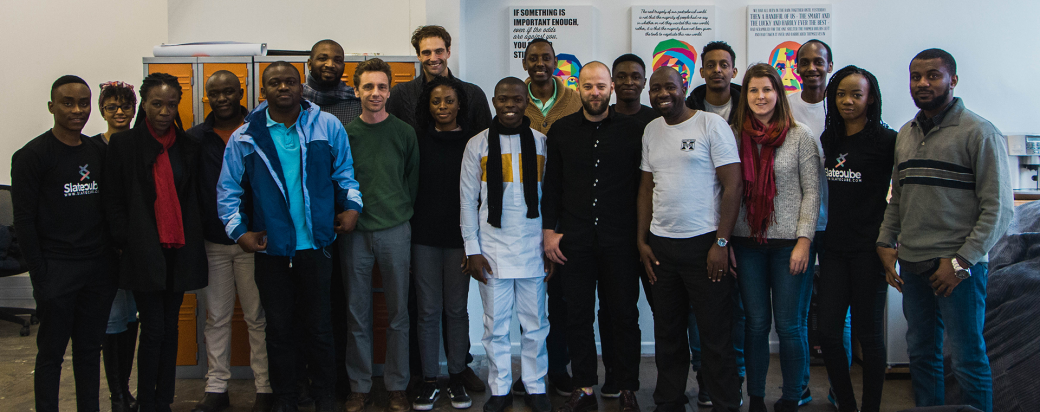
This initiative is part of the 2019-20 WISE Accelerator Cohort.
What they do
Botter allows organizations and teachers connect an AI powered chatbot to their messaging platforms such as Facebook Messenger in order to teach courses they create on Botter web app. The chatbot can explain concepts using different components, ask questions and uses gamification to engage learners chatting with their page. They can also keep track of their students’ progress, message individual learners or groups. These chatbots require no download and are available on popular messaging platforms which allows educators to reach youth where they already spend a majority of their time on the internet.
Why it matters
Organizations are spending a lot of money building educational apps that don’t get any downloads due to a crowded market place and associated data costs. Moreover, personal tutors to learn languages are expensive, courses are not personalized and dropout rate in language schools is very high. On average, language schools loose 50% of their beginner students within the first few months.
One reason for this high dropout rate is that people who miss a couple of classes due to their busy schedules have no easy way to catch up so they get discouraged and stop going to class. The second reason is that learning a new language requires regular practice. Most language learning apps rarely teach using languages in the developing world and they usually don’t follow the national curriculum. Therefore, the practice test in these apps do not match the context of the learners.
Traction so far
The first bot built using Botter platform to teach French for English speakers has been used by over 280,000 people around the world. Botter won Facebook’s Messenger Bot Challenge for the Middle East and Africa. The team is currently working with content partners to create a continent to empower the youth with accessible and engaging lessons for critical career skills like languages, entrepreneurship, financial literacy and more.